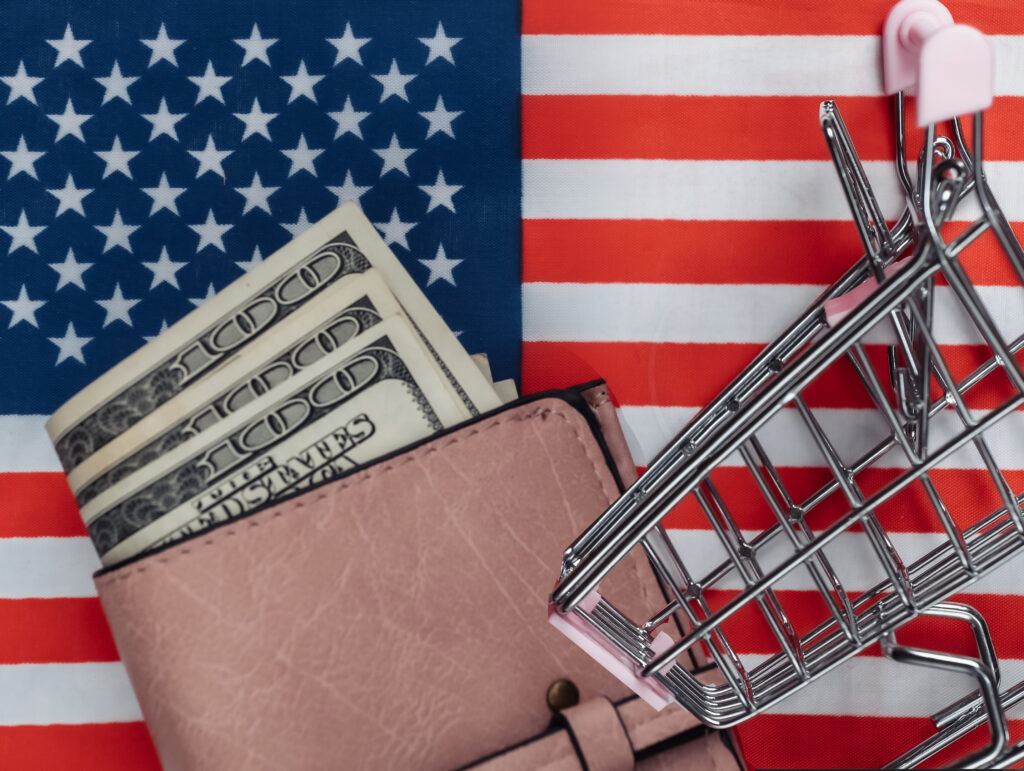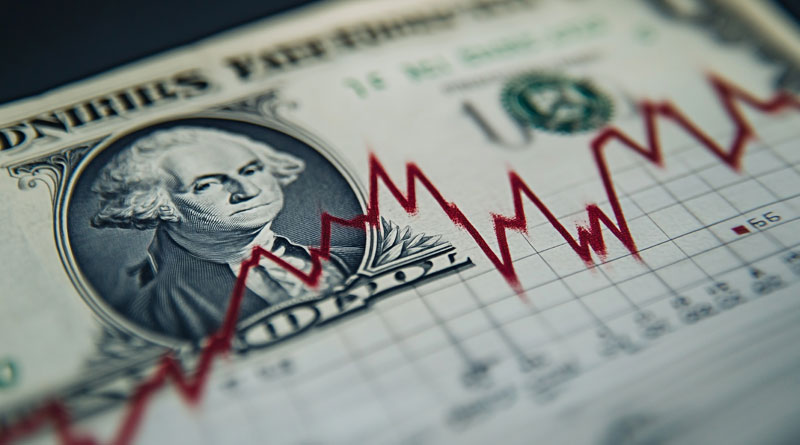Economic Recession: Fact or Rumor?
By: Diana Bello Aristizábal
Since Donald Trump took office, he has sparked conflicting opinions in the public eye due to a series of measures aimed at strengthening the local economy. Under his ‘America First’ policy, the president has imposed aggressive tariffs on countries like Canada, as well as ordered mass layoffs and cuts in public spending. This has set off rumors of a potential recession.
His economic policy reached its peak on April 2, dubbed as ‘Liberation Day,’ when he announced a 10% base tax on imports from most countries, and 34% tariffs on imports from China, 20% from the European Union, 25% from South Korea, 24% from Japan, and 32% from Taiwan. Canada and Mexico are still subjected to a 25% tariff, although goods covered by the United States-Mexico-Canada Agreement are exempt.
Other less harsh tariffs imposed in the past have prompted economists such as Mark Zandi of Moody’s Analytics, the leading financial services firm JPMorgan Chase, and the prominent investment bank Goldman Sachs, among other reputable economic institutions, to make their forecasting.
Zandi said on March 30 via the social media platform X that he had increased his forecast for a recession sometime in 2025 from 15% to 40%, citing falling consumer confidence, out-of-control consumer spending, high inflation, and cuts from DOGE, the Department of Government Efficiency created by the president and led by Elon Musk.
His projection matches that of JPMorgan Chase that also stated there is a 40% chance of a recession, a significant change from the 30% it had estimated at the beginning of the year. Meanwhile, Goldman Sachs increased its forecast for a recession in the coming months, going from 20% to 35%, primarily due to a deteriorating household and business confidence.
In the light of all this, Federal Reserve Chairman Jerome Powell said mid-March that the US economy remains strong despite concerns on a possible recession and market volatility. He also said that inflation rates have been in line with the Fed’s long-term target of 2%.
 Uncertainty and Lack of Confidence
Uncertainty and Lack of Confidence
For David Andolfatto, chair of the Department of Economics at the University of Miami’s Miami Herbert Business School, it’s quite difficult to predict a recession, and its emergence depends on how rapidly the economy is growing.
“Technically, we talk about a recession when the economy experiences two consecutive quarters of negative GDP (gross domestic product) growth, and it’s true that growth has been slowing down a little, although the economy remains quite robust,” he says.
In this regard, Goldman Sachs estimated, before Liberation Day, that the administration tariffs along with a decline in the GDP during the first quarter of the year could lead to a growth reduction of 0.5 percentage points, up to 1.0% for the fourth quarter and up to 1.5% on average annually.
One element that works against this, according to Andolfatto, is that tariff negotiations are taking place amid a tense and uncertain climate. “The belligerent threats and the possibility of retaliation — from countries that have experienced increased tariffs — are making many companies to pause their capital investment plans until there is more clarity.”
Something similar can be said about consumer confidence, which, according to the latest survey by the University of Michigan, fell for the third consecutive month, reaching its lowest level since Nov. 2022 due to deteriorating expectations for personal finances, business conditions, unemployment, and inflation.
“Consumers continue to worry about the potential for pain amid ongoing economic policy developments,” can be read in the Trading Economics website that compiles the survey results. The economic data site reported that two-thirds of consumers expect unemployment to rise in the year ahead, and their long-run inflation expectations went from 3.9% in the previous revision to 4.1%.
“Uncertainty is what holds back spending. If consumers don’t want to spend and businesses delay investments, the economy could slow down significantly and, possibly, even enter into a recession,” Andolfatto says, emphasizing that he cannot say whether or not there will be a recession this year because that depends on several factors.
And what would help dispel a recession risk? For Andolfatto, that Trump establishes a less belligerent policy with countries like Canada. “If he had said something like ‘we want to protect local manufacturing and grow domestic economy because we believe the current trade agreements are not very fair, but we hope to develop a new relationship in the future,’ everything would be different.”
He notes that instead, he threatened to annex Canada to the United States and violated existing trade agreements. “Treating allies like Canada, Mexico, and European Union countries as enemies of the American people and the American economy is a mistake as those countries could potentially forge closer ties with China, a geopolitical rival.”
In conclusion, while talking about a recession is a stretch, he does believe the administration’s aggressive approach in negotiating tariffs and the prevailing uncertainty climate will likely slow down the economy.

